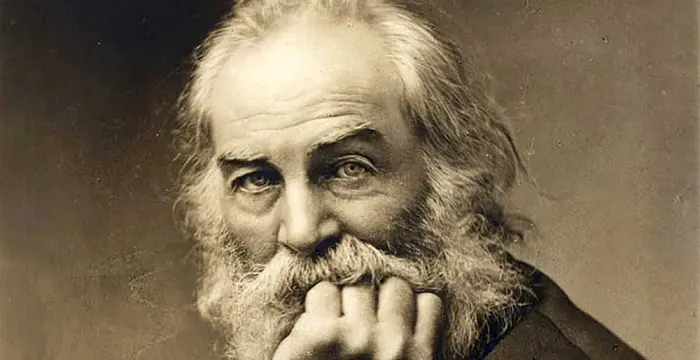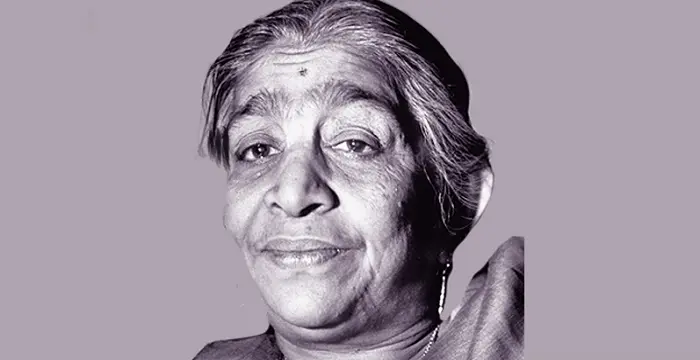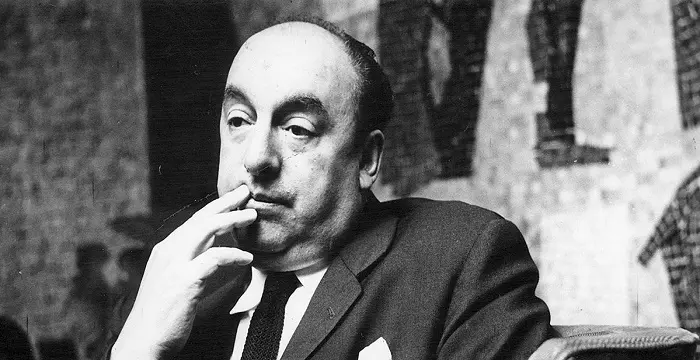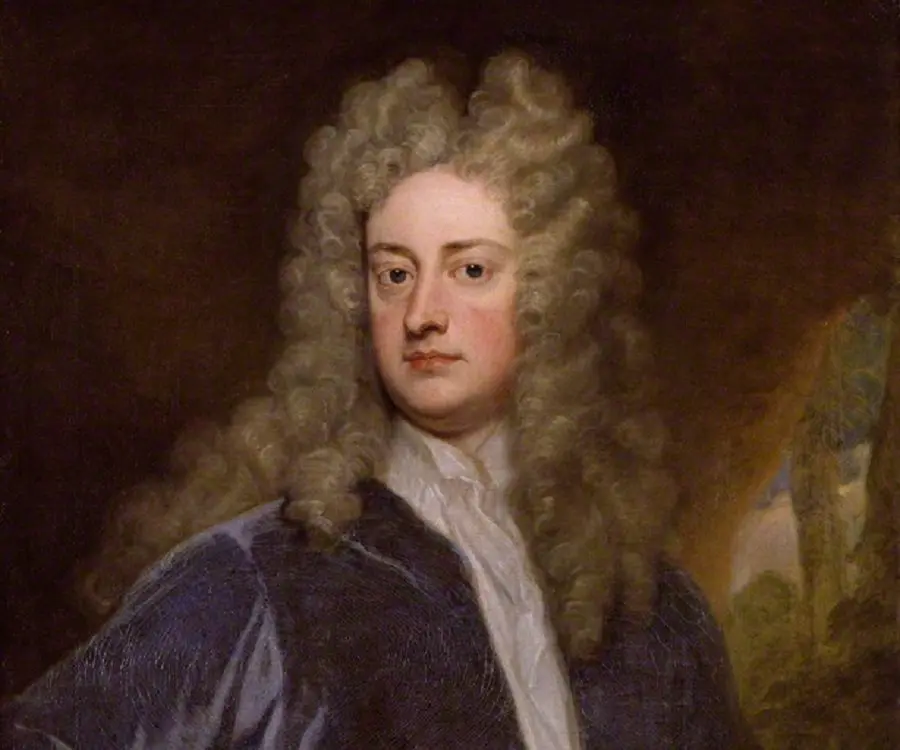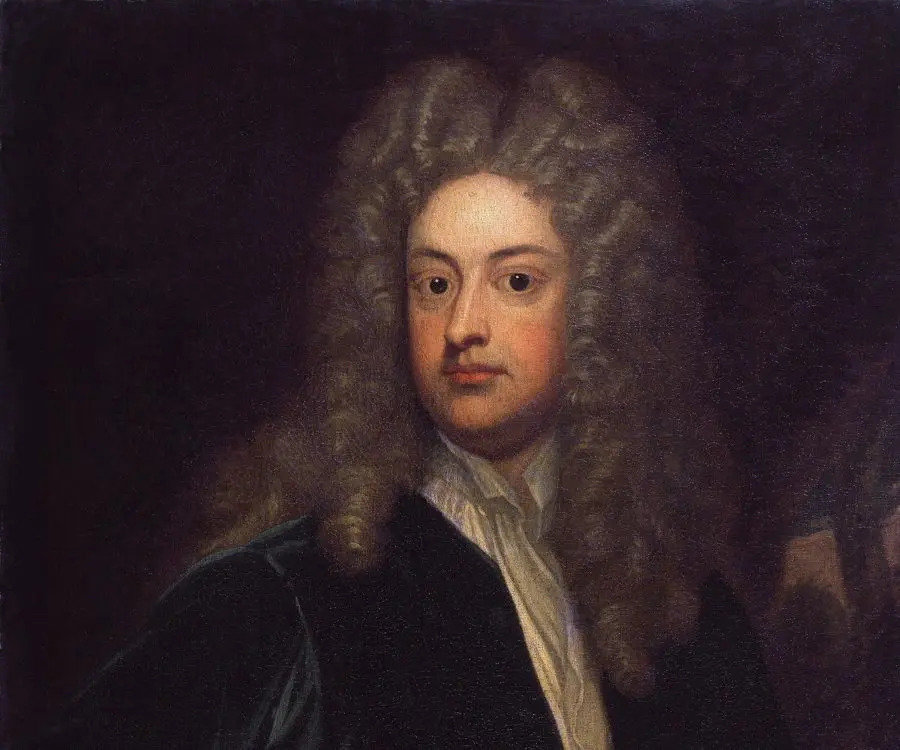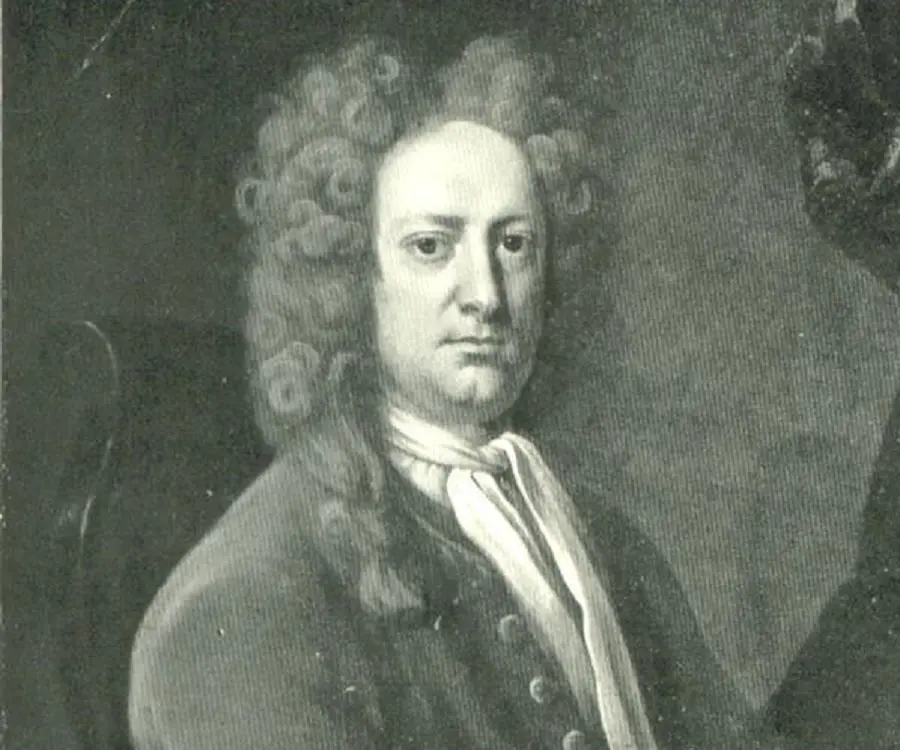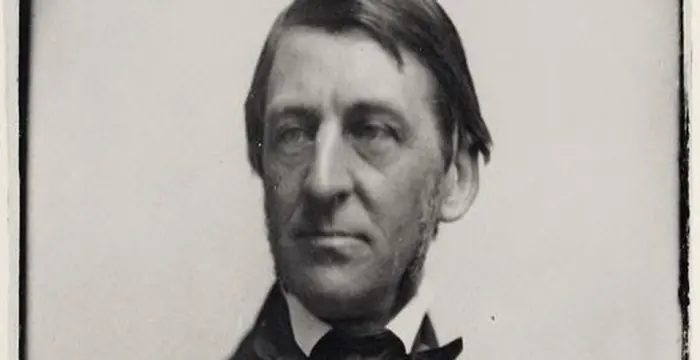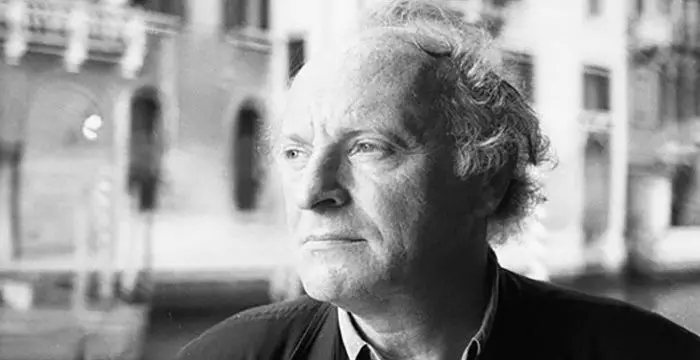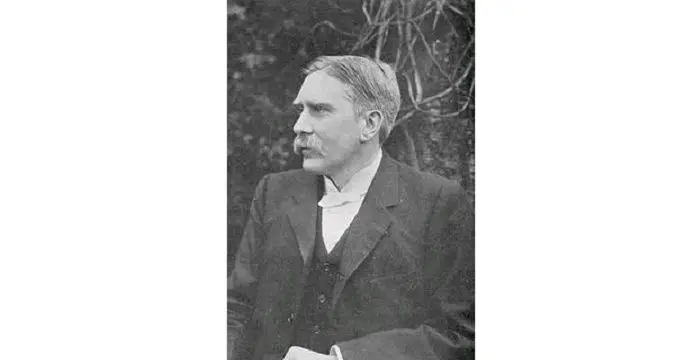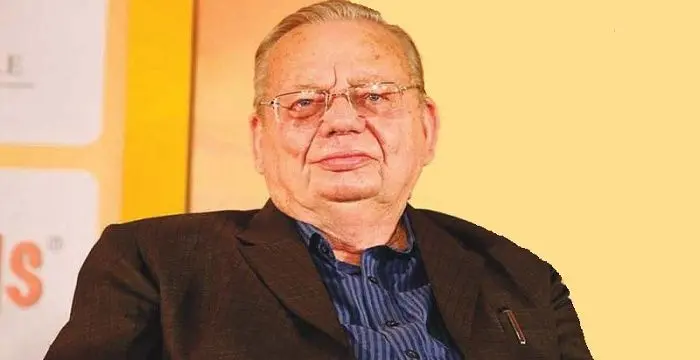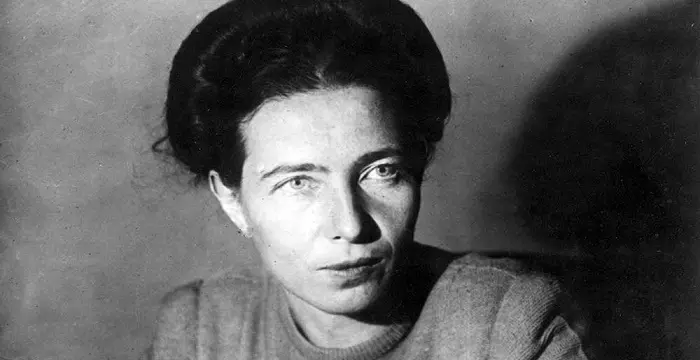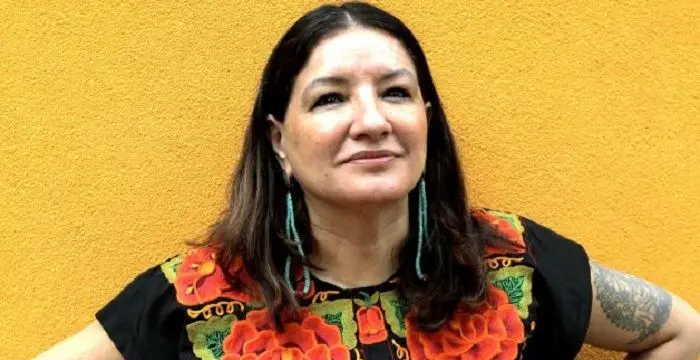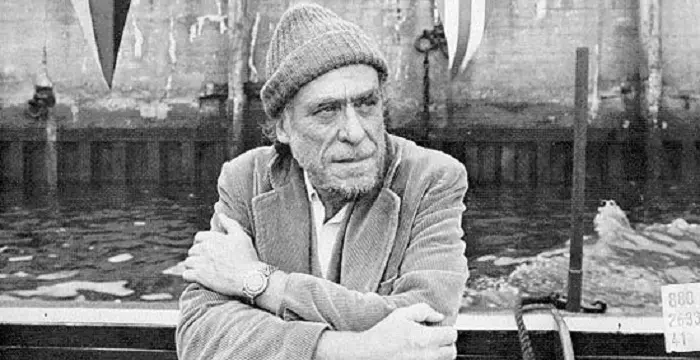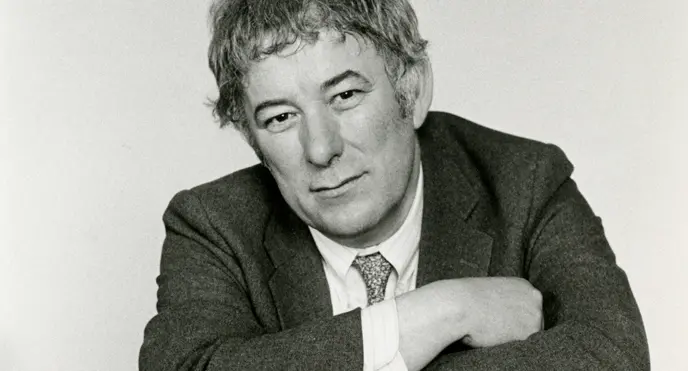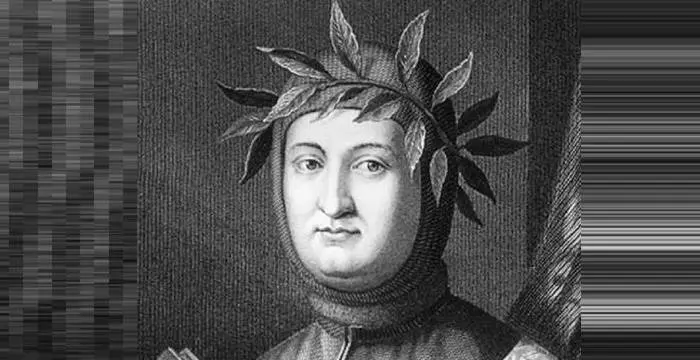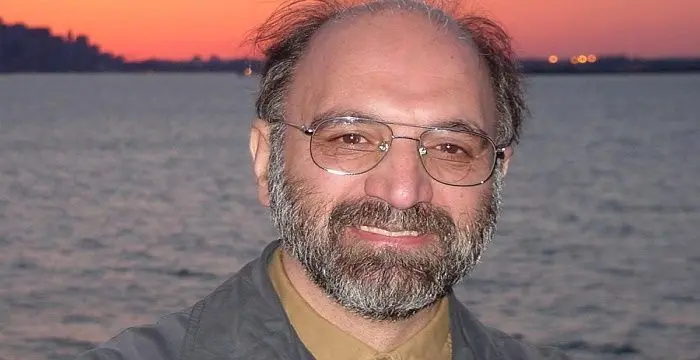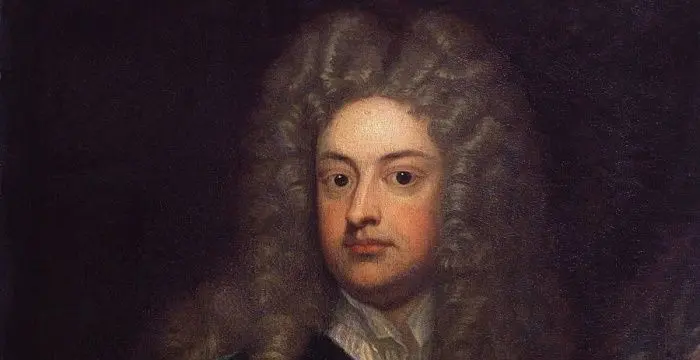
Joseph Addison - Poets, Timeline and Family
Joseph Addison's Personal Details
Joseph Addison was an 18th century English poet, writer and politician
| Information | Detail |
|---|---|
| Birthday | May 1, 1672 |
| Died on | June 17, 1719 |
| Nationality | British |
| Famous | Oxford University, Writers, Poets, Playwrights, Essayists, Essayists, Poets |
| Spouses | Dowager Countess |
| Universities |
|
| Notable Alumnis |
|
| Birth Place | Milston, United Kingdom |
| Gender | Male |
| Father | Lancelot Addison |
| Sun Sign | Taurus |
| Born in | Milston, United Kingdom |
| Famous as | Essayist & Poet |
| Died at Age | 47 |
// Famous Poets
Walt Whitman
Walt Whitman was an American poet, journalist and humanist. Read this brief biography to find more on his life & timeline.
Sarojini Naidu
Sarojini Naidu was an Indian freedom fighter and poet. Read this brief biography to find more on her life.
Pablo Neruda
Pablo Neruda was a Chilean poet, politician and Nobel laureate. Go through this biography to learn more about his profile, childhood, life and timeline.
Joseph Addison's photo
Who is Joseph Addison?
Joseph Addison was a distinguished 18th century English poet, author, playwright, politician and classical scholar. He is recognised as one of the finest periodical essayists, who along with his friend, Richard Steele founded the daily journal, ‘The Spectator’. ‘The Spectator’ became a popular and well-read publication of that time. He contributed over 274 essays for ‘The Spectator’ and also wrote essays for the publication, ‘The Tatler’. He wrote the legendary play, ‘Cato, a Tragedy’, which is believed to be the literary inspiration behind the American Revolution. He has also authored, ‘Account Of The Greatest English Poets’,‘The Campaign’, ‘Dialogue on Medals’ and the unsuccessful opera libretto ‘Rosamund’. He served as the Under-Secretary of State, Commissioner of Appeals in the government of the 1st Earl of Halifax, Member of Parliament, secretary to the new Lord Lieutenant of Ireland, Lord Wharton and as the Secretary of State for the Southern Department. He was known for his magnanimous character and cool personality. He also helped establish the English literary congregation, ‘Kit-Cat Club’, which had powerful political connections.
// Famous Essayists
Ralph Waldo Emerson
Ralph Waldo Emerson was an American essayist, philosopher and a successful poet. Read this brief biography to find more on his life.
Joseph Brodsky
Joseph Brodsky was an acclaimed Russian and American essayist and poet. Check out this biography to know about his childhood, life, achievements, works & timeline.
A. C. Benson
A. C. Benson was an English author, poet and essayist. This biography provides detailed information about his childhood, life and timeline.
Childhood & Early Life
Joseph Addison was born in Milston, Wiltshire, to Reverend Lancelot Addison, who was made the Dean of Lichfield after his birth. Soon the family moved into the cathedral close.
He attended the Charterhouse School, a boarding school in Godalming, Surrey, where he met his future business partner, Richard Steele. He later attended The Queen's College, Oxford, and was proficient in Latin verse.
In 1693, he graduated from Magdalen College and that year he addressed a poem to John Dryden, an English poet and literary critic. The following year, he published ‘Account of the Greatest English Poets’ and also translated Virgil's ‘Georgics’.
In 1699, he received a pension of �300, after Dryden, Lord Somers and Charles Montagu, 1st Earl of Halifax, became interested in his work. On pension, he travelled Europe with view to diplomatic employment.
In 1702, he lost his pension upon the death of William III as his influential contacts had lost their job. He returned to England the following year.
Career
After he returned to England in 1703, he was unemployed for over a year. Later, the government appointed him to write a commemorative poem and he consequently authored, ‘The Campaign’.
The popularity of the poem, ‘The Campaign’ immediately gained him an appointment as a Commissioner of Appeals in the government of the 1st Earl of Halifax, Charles Montagu. He later wrote a literary piece on his travels to Italy and the opera libretto ‘Rosamund’.
In 1705, he was appointed as the Under-Secretary of State. The same year he also went on a mission to Hanover with Charles Montagu 1st Earl of Halifax.
In 1707, his opera libretto ‘Rosamund’ failed to earn good reviews and had an unsuccessful premiere in London.
From 1708 to 1709, he served as the Member of Parliament for the rotten borough, a small electorate within the Unreformed House of Commons, in Lostwithiel.
In 1709, Irish writer and politician, Richard Steele came out with the British journal, 'Tatler'. He became a regular contributor for this literary and society journal.
He helped establish the ‘Kit-Cat Club’, which was an English literary club in London. The club had strong political connections and its first meeting was held at a tavern in Shire Lane.
He was later appointed as the secretary to the new Lord Lieutenant of Ireland, Lord Wharton, and Keeper of the Records of Ireland. He also became the Member of Parliament in the Irish House of Commons.
From 1710, he represented Malmesbury, parliamentary borough in Wiltshire, which was also his home country. He served in this position until his death.
In 1711, along with Irish writer and politician, Richard Steele, he co-founded the daily publication, ‘The Spectator’. The first issue of the publication appeared on March, 1, 1711.
In 1712, he finished writing the play, ‘Cato, a Tragedy’. The play premiered the following year and became an immediate success. He later wrote the play, ‘The Drummer’, a comedy.
From 1717 to 1718, he was employed as the Secretary of State for the Southern Department. In 1718, he resigned from the position due to poor health. He also authored the ‘Dialogue on Medals’ and ‘Evidences of Christianity’, which is an incomplete work.
Major Works
The play, ‘Cato, a Tragedy’ was his seminal work and enjoyed success all over England, the New World and Ireland. The play is widely regarded as a literary inspiration behind the American Revolution.
He co-founded the daily ‘The Spectator’, which at that time was a well received and popular publication. An estimated one tenth of the population read the paper making it the most read publication.
Personal Life & Legacy
In 1716, he married Dowager Countess of Warwick.
He died at the age of 48 at the Holland House, London. He was laid to rest at the Westminster Abbey, City of Westminster in London.
In March 1796, a town in upstate New York, Middletown, NY, was renamed Addison, NY.
In 2005, after the death of Albin Schram, an Austrian banker and collector, many letters of historical figures were found. One of Addison’s letters was also found.
Trivia
This famous essayist and politician of the early 18th century, founded the magazine ‘The Spectator’, along with Richard Steele.
// Famous Essayists
Ruskin Bond
Ruskin Bond is an award winning Indian author of British descent. This biography of Ruskin Bond provides detailed information about his childhood, life, achievements, works & timeline.
Simone de Beauvoir
Simone de Beauvoir was an eminent French writer, intellectual, activist, and philosopher. This biography profiles her childhood, life, thoughts, achievements and timeline.
Sandra Cisneros
Sandra Cisneros is an American writer known for audaciously penning the realities and expectations from females in US and Mexico. This biography provides detailed information about her childhood, life, achievements, works & timeline
Joseph Addison biography timelines
- // 1st May 1672Joseph Addison was born in Milston, Wiltshire, to Reverend Lancelot Addison, who was made the Dean of Lichfield after his birth. Soon the family moved into the cathedral close.
- // 1693In 1693, he graduated from Magdalen College and that year he addressed a poem to John Dryden, an English poet and literary critic. The following year, he published ‘Account of the Greatest English Poets’ and also translated Virgil's ‘Georgics’.
- // 1699In 1699, he received a pension of �300, after Dryden, Lord Somers and Charles Montagu, 1st Earl of Halifax, became interested in his work. On pension, he travelled Europe with view to diplomatic employment.
- // 1702 To 1703In 1702, he lost his pension upon the death of William III as his influential contacts had lost their job. He returned to England the following year.
- // 1703After he returned to England in 1703, he was unemployed for over a year. Later, the government appointed him to write a commemorative poem and he consequently authored, ‘The Campaign’.
- // 1705In 1705, he was appointed as the Under-Secretary of State. The same year he also went on a mission to Hanover with Charles Montagu 1st Earl of Halifax.
- // 1707In 1707, his opera libretto ‘Rosamund’ failed to earn good reviews and had an unsuccessful premiere in London.
- // 1708 To 1709From 1708 to 1709, he served as the Member of Parliament for the rotten borough, a small electorate within the Unreformed House of Commons, in Lostwithiel.
- // 1709In 1709, Irish writer and politician, Richard Steele came out with the British journal, 'Tatler'. He became a regular contributor for this literary and society journal.
- // 1710From 1710, he represented Malmesbury, parliamentary borough in Wiltshire, which was also his home country. He served in this position until his death.
- // 1711In 1711, along with Irish writer and politician, Richard Steele, he co-founded the daily publication, ‘The Spectator’. The first issue of the publication appeared on March, 1, 1711.
- // 1712In 1712, he finished writing the play, ‘Cato, a Tragedy’. The play premiered the following year and became an immediate success. He later wrote the play, ‘The Drummer’, a comedy.
- // 1716In 1716, he married Dowager Countess of Warwick.
- // 1717 To 1718From 1717 to 1718, he was employed as the Secretary of State for the Southern Department. In 1718, he resigned from the position due to poor health. He also authored the ‘Dialogue on Medals’ and ‘Evidences of Christianity’, which is an incomplete work.
- // 17th Jun 1719He died at the age of 48 at the Holland House, London. He was laid to rest at the Westminster Abbey, City of Westminster in London.
- // Mar 1796In March 1796, a town in upstate New York, Middletown, NY, was renamed Addison, NY.
- // 2005In 2005, after the death of Albin Schram, an Austrian banker and collector, many letters of historical figures were found. One of Addison’s letters was also found.
// Famous Poets
Charles Bukowski
Charles Bukowski was a German-born American novelist, short story writer and poet. With this biography, learn in details about his childhood, life, works, career and timeline
Seamus Heaney
Nobel Laureate Seamus Heaney was an Irish poet, playwright and translator. Know about his profile, childhood, life and timeline in the biography below.
Walt Whitman
Walt Whitman was an American poet, journalist and humanist. Read this brief biography to find more on his life & timeline.
Francesco Petrarch
Fêted as the “Father of Humanism”, Francesco Petrarch is one of the most influential literary figures the world has ever had. Explore this biography to know about his childhood, life and timeline.
Sarojini Naidu
Sarojini Naidu was an Indian freedom fighter and poet. Read this brief biography to find more on her life.
Abdolkarim Soroush
Abdolkarim Soroush is a reformer, thinker, and Rumi scholar belonging to Iran. Soroush is also a prominent figure in Iran’s religious movement. This biography provides detailed information about her childhood, life, achievements, works & timeline.
Joseph Addison's FAQ
What is Joseph Addison birthday?
Joseph Addison was born at 1672-05-01
When was Joseph Addison died?
Joseph Addison was died at 1719-06-17
Where was Joseph Addison died?
Joseph Addison was died in Holland House
Which age was Joseph Addison died?
Joseph Addison was died at age 47
Where is Joseph Addison's birth place?
Joseph Addison was born in Milston, United Kingdom
What is Joseph Addison nationalities?
Joseph Addison's nationalities is British
Who is Joseph Addison spouses?
Joseph Addison's spouses is Dowager Countess
What was Joseph Addison universities?
Joseph Addison studied at Oxford University, King Edward VI School, The Queen's College, University of Oxford, Charterhouse School
What was Joseph Addison notable alumnis?
Joseph Addison's notable alumnis is Oxford University
Who is Joseph Addison's father?
Joseph Addison's father is Lancelot Addison
What is Joseph Addison's sun sign?
Joseph Addison is Taurus
How famous is Joseph Addison?
Joseph Addison is famouse as Essayist & Poet
